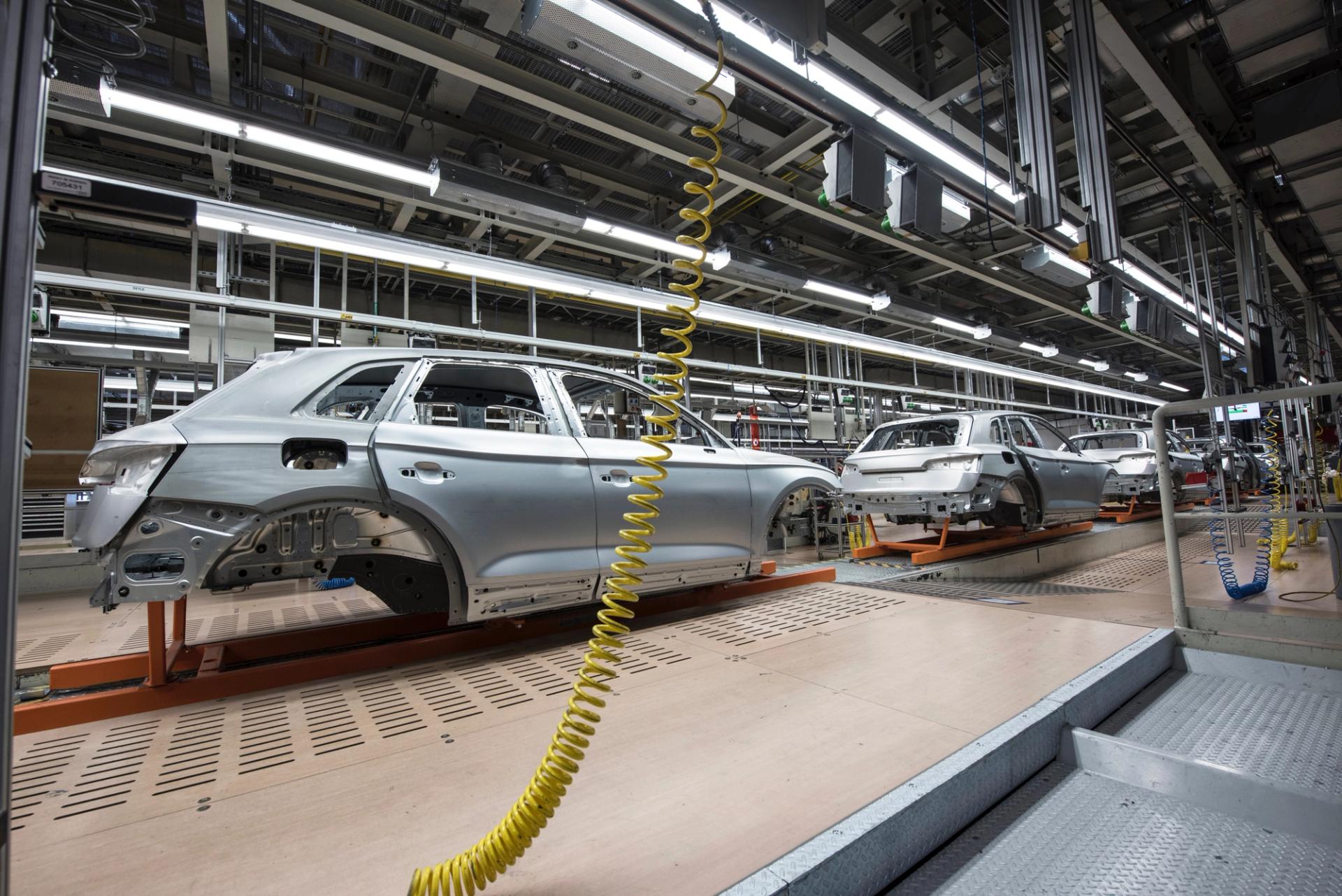Black Swans and Long-Term Thinking: How To Thrive in the Automotive Industry of Tomorrow
September 21, 2022
- New Insight

Fortunately, these changes are following a broadly predictable trajectory. With European Union lawmakers voting in June 2022 to require OEMs to cut carbon dioxide emissions to zero for new vehicles by the year 2035, the full transition to electric vehicles has a known end date within the EU.¹ While the demise of the internal combustion engine might not be a completely welcome development to companies responsible for supplying items like gearboxes or for making fuel-injection pumps, at least it is relatively predictable. Although the progress towards digitisation and autonomous vehicles may not have the same kind of clear milestone markers, even the most casual observer knows that both represent the future of the industry.The pressures, and the opportunities, represented by elements like eliminating emissions and embracing digital have sparked a substantial investment in transformation across the automotive industry. In fact, collectively, Germany-based automotive companies are expected to invest more than €150 billion in transformation by 2025, which is more than in any other sector.²
However, less predictable events are creating financial and operational issues that often lead to their own obstacles. Repeated pandemic lockdowns and the Ukraine war are just two examples of difficult-to-predict black swan events that have upset supply chains and increased prices for many crucial materials. In fact, it is very possible that the energy shocks associated with geopolitical surprises are just beginning.
So, what is the best course of action for a company eager to compete in this rapidly changing and increasingly unpredictable environment? The first step is to not panic and continue taking forward-looking and structured actions. The second step may be to come up with a legitimate plan to preserve capital and manage liquidity. And the third step would be to implement a scenario-focused mindset while keeping one eye on long-term goals.
The pandemic and geopolitical developments have essentially served as unexpected and, in most cases, unwelcome stress tests for many companies. The associated jump in commodity prices, unprecedented interruption of supply chains (resulting in higher stock volumes) and increase in delayed payments have many suppliers concerned about cash flow and liquidity. While state aid in Germany helped avoid disaster during the pandemic, liquidity at many companies continues to be tight.
Protecting liquidity and preserving capital are always important, but short-term thinking to accomplish these goals could make companies less resilient in the face of an unpredictable and constantly changing future. In fact, in the short term, strategies for preserving cash, like reducing inventories, can further weaken supply chains and make the longer-term financial situation less rosy. That’s why medium- and long-term thinking alongside a scenario-centred approach can help deliver a more robust financing structure and maintain a sustainable debt-equity ratio.
And of course businesses cannot allow surprise operational challenges to distract from the goal of long-term transformation to meet more predictable changes in the market. It is important to repeatedly evaluate the impact of current trends with an eye towards the long-term future so a company can implement timely countermeasures that can mitigate any developing business risks.
Before the pandemic, leaders in the automotive industry had a plan to stay ahead of the transformation characterising the industry. While the emergence of COVID-19 along with the Ukraine war and its associated developments have created several financial and operational challenges, businesses cannot allow these challenges to distract them from a strategic transformation process. Addressing short-term needs is important, but it should be accompanied by a well-structured long-term plan to manage future challenges successfully.
Footnotes:
¹: „EU gets landmark deal to phase out combustion engine by 2035“, Bloomberg.com, 28 June 2022, .
²: VDA analysis, May 2021.
Your Contacts
 Ralf Winzer
Ralf WinzerSenior Partner & Member of the Board
 Mike Zöller
Mike ZöllerSenior Partner & Member of the Board